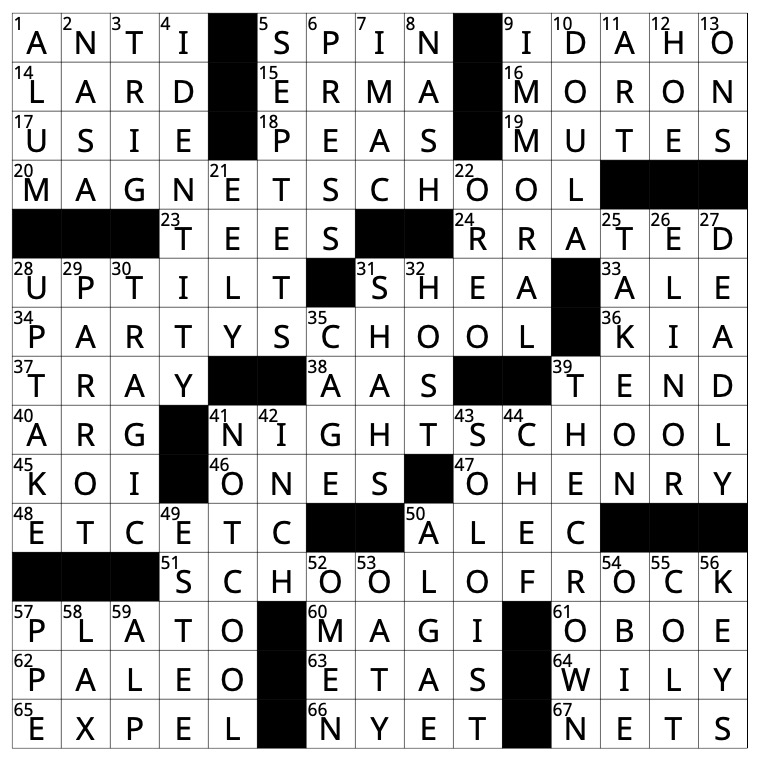Rick Commons, the next president of Harvard-Westlake, visited campus on Monday, and though he was glad to see that the school hadn’t changed much since he left 15 years ago, he said that it, like all schools, needs to innovate in order to thrive.
Commons, who is currently the Headmaster of Groton School in Massachusetts, will be replacing Thomas Hudnut next fall as the second president of Harvard-Westlake.
“[Harvard-Westlake’s] got to change,” he said. “No place that stays the same is going to be successful in the long run. I think that schools have been able to defy that logic for a long time. Online learning, as an example, is a change that is so dramatic and so profound, in the ways in which millions and millions of people are learning around the world, schools like Groton and Harvard-Westlake have to deal with it in a way we didn’t know in the past.”
At Groton, Commons introduced an experimental program to encourage education in the fields of Science, Technology, Engineering and Math, in which a select group of ninth graders were chosen to take a double period class called “STEM Foundations I,” in lieu of traditional science or math courses.
“[At Groton,] we have taken the plunge, and are trying, and probably in certain places failing. And if we’re not going to fail, we are not going to be able to learn and innovate. That’s the hardest thing for a school like Harvard-Westlake,” Commons said.
Commons plans to encourage innovation in education as president, by maintaining the 1 to 1 laptop initiative and experimenting with new programs.
In the morning, Commons took a tour around campus led by prefects Mazelle Etessami ’14, Oliver Goodman-Waters ’14, Henry Hahn ’14 and Ashley Sacks ’14.
Commons was an English teacher, assistant dean, college counselor and soccer coach during his five-year tenure at Harvard-Westlake. Other than a few new buildings, Commons said that the school felt similar to it was when he worked there.
“Happily, it doesn’t seem profoundly different. I say happily because I’ve spent the morning seeing lots of old friends,” he said. “There’s a number of faculty who were here when I was here, who are still here, and somehow still look young and vibrant, like they love being here.”
Because he is not as familiar with faculty, staff and students as Hudnut, Commons said his top priority is to become acquainted with the people on campus as well as he can. As both a symbolic and practical change, Commons decided to move his office to Seaver Hall, a more central location than Hudnut’s office located on the hill near the Business Office.
“I’m not going set foot on campus with dramatic changes until I have had a chance to observe things,” Commons said. “I would say that one key difference is that [Hudnut] essentially built Harvard-Westlake, so he knows it inside and out. Whereas, in all my years being here, I do not have anything like the number of relationships he has both with faculty and students and staff here on campus and with alumni and parents. So for me figuring out ways to build those relationships will be a key first priority.”
After meeting with the prefects and talking to students, Commons cited students’ stress as a primary concern that he plans to address as president.
“Having spent that hour with students, it’s clear to me that as [Harvard-Westlake] was 15 years ago, and as the school where I work now is, there’s a tension between excellence and enjoyment of learning that exists at a place like this,” Commons said. “People here are hardwired for both. They want to love learning, and they want to succeed and achieve. And the two tend pull at each other. It is such a constant challenge.”































